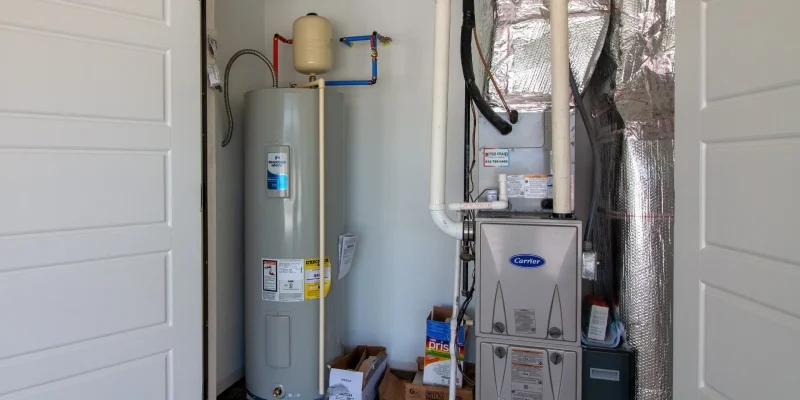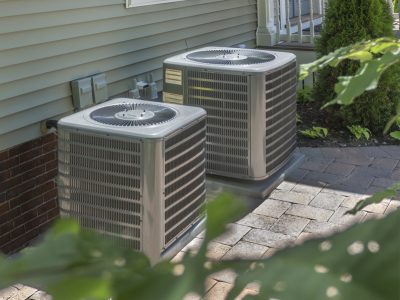1. Regularly Inspect
Regularly inspecting and examining your water heater is essential. This inspection can help you catch any potential problems in their early stages. It is then much easier to fix them. Check that your water heater continues to work properly and efficiently.
2. Flushes Are Recommended To Be Flushed Annually
Draining your water heater yearly is essential. You can then clean the tank’s interior and remove any sediment build-up. Although sediment does not damage the water heater itself, it can have a significant impact on its overall efficiency. To drain your water heater effectively, you must turn off both the power and the water. The remaining water can be drained from the tank by attaching a hose. Let the water cool down before you do this. You can then refill the tank and turn it on after you’ve cleaned it out. Do not turn on the water heater until it is filled. It will cause unnecessary strain to the heater if it is forced to heat water it doesn’t have.
3. Insulated Tank
The tank insulation can be beneficial for the water heater. It will not only reduce your energy costs, but also increase the lifespan of the water heater. A tank that is insulated will stop heat from escaping. This means the water heater doesn’t need to work as hard in order to heat water. It will require less energy and therefore lower your energy bills. It also reduces the strain on the tank.
4. Reduce Temperature
Most heaters have been set to a temperature far above what is safe. This can be dangerous, as the water can be heated much higher than it should be, leading to burns. Most water heaters have the temperature set at 140deg, when it is possible to achieve all hot water uses with temperatures as low as 120deg. Lowering the temperature of your water heater to 120deg will not only reduce your energy costs, but will also help prevent injuries and burns.
5. Test Temperature Relief Valve
Regularly test the temperature relief valve to make sure it’s working as intended. This valve releases pressure from a water heater when the pressure builds up. Test the TPR valve with a bucket inserted beneath the discharge pipe connected to the valve. You can then lift the lever after you’ve placed a bucket. The temperature pressure relief valve will work properly if water flows out when you lower it and then stops. If water does not come out, or if there is a significant leak, the valve may need to be changed.
6. Replace Anode Rod
Anode rods are an essential component of water heaters and should be replaced on a regular basis, usually every 5 years. The rod is designed to attract corrosive minerals from the water, so they will corrode it rather than the tank. The corrosive mineral can cause havoc to the interior of the tank when this rod is worn out. To protect your water heater, it is important to make sure that the anode rod still functions properly.
7. Replace The Air Intake Filter
Air intake filters are used in tankless water heaters. These filters prevent debris from entering the heater and allow it to function effectively. To ensure they continue to perform their functions, these filters must be replaced regularly.
8. Insulated Pipes
Insulating the pipes that connect to the water heater is also beneficial. It is important to do this during winter when pipes can get dangerously cold. Insulating pipes will prevent the water from freezing, which could lead to bursting pipes and causing a lot of damage. You can easily insulate your pipes to help protect the entire building.
9. Get Professional Inspection
Although you can inspect your water heater regularly, hiring a professional is more efficient. The professionals have the knowledge and experience to detect potential problems at an early stage. Maintaining your water heater properly can help prevent serious problems. There are many different water heaters. It is important to know how to maintain the water heater that you have.
Problems with your water heater can cause major disruptions in your life. Regular maintenance will help prevent these problems and ensure that your water heater is operating efficiently. This will not only reduce your energy costs, but also the possibility of repairs and replacements. If you discover that your water heater is not working properly, you must act quickly to get it back to normal.













Comments